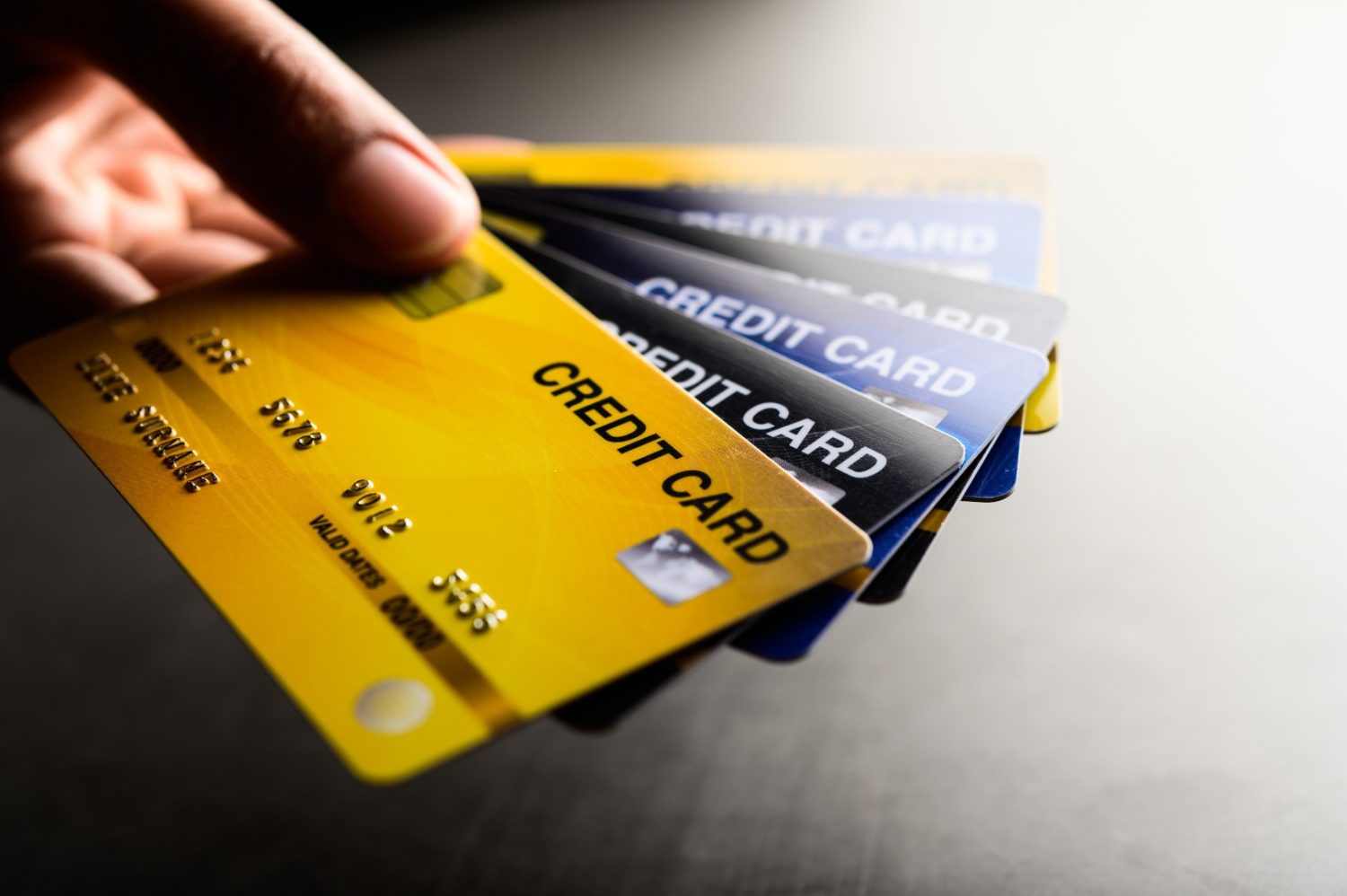
Credit cards enhance the purchasing ability of consumers. During emergencies or special events, having a credit card is great to support your expenses. However, the cruel irony of this ‘helpful’ financial tool is that the ones who need it the most later want to get rid of it.
Nearly 1 in 5 Americans are afraid to check their credit card statement. That is a huge figure. While some of them take brave measures to face the difficulty, others can ignore the bills as long as possible, as if they simply do not exist.
Whether you are up for a challenge or want to avoid dealing with it, you need to know the following consequences. Hence, this guide will discuss the events happening after accumulating the debt and different scenarios awaiting you depending on your decisions.
What Happens When Your Credit Card Debt Goes Behind?
Various measures can be taken based on how much time has passed since your non-payment. Usually, during the first 30 days, the creditor will reach you. In most cases, the creditors send an email or contact directly by phone to ask the reasons for failure. They will also urge the debtor to make the payment immediately.
The best response to such a situation is answering the creditor with respect and asking for your options. It is the worst idea to ignore the creditor’s efforts. If you willingly cooperate with the creditor, the chances are higher that they will provide a solution.
However, as time passes, the consequences get stricter. For instance, missing the second payment can bring financial implications such as penalties. In most cases, the interest rates can be raised, and additional fees for late-payments will be applied. The more you wait to make a payment, the higher the fee will be.
Missing the payment for 90 days can result in the closure of your account. In this case, you will not be able to use the credit card. Besides, you will be urged to repay the debt fully. Typically, in this stage, the creditor transfers the debt to debt collection agencies. Such agencies can treat the collection process more aggressively than the creditor. They can get permission to collect the debt through wage garnishment or even sue you for further measures.
Additionally, late payments are added to your credit reports. Hence, they will most likely decrease your credit score. Keep in mind that borrowers with bad credits will face further implications, such as higher interest rates when they want to get new loans.
When is a Creditor Likely to Sue for Unpaid Debt?
In general, suing a party is a costly process, and businesses try to avoid reaching this stage. Therefore, the best strategy is to act proactively and cooperate with the creditor. It includes informing the creditor on time for the non-payment and working together to draw out a solution plan.
When you are sued, things get harder to deal with. Here, the case is not about imprisonment but rather the skyrocketing debt that waits for your repayment.
A creditor is more likely to sue the debtor if they already tried all possible debt collection methods. In other words, a lawsuit is the last step of their attempts to contact you and get their money. As long as you respond to them and do your best to repay the debt, they will not go directly to the court.
Additionally, the creditor will have an incentive to sue if the debtor has valuable assets or a stable income level. In this case, they can get a right to liquidate the asset in return for their payments or put a wage garnishment order on the income.
Unfortunately, currently, lawsuits for credit card debt are more common than ever. Back in the 90’s only 1 out of 9 debtors faced a lawsuit. In the 2010s this number increased to 1 out of 4 people. Hence, take action on time instead of ignoring the debt. Otherwise, the lawsuit can knock on the door soon.
How Do You Settle the Credit Card Debt before Going to Court?
Going to court can be time-consuming and expensive for both parties. Hence, a settlement between a creditor and debtor before going to the court is a more desirable option. Even if a debt collections agency is involved, they will be happy to settle, too.
The main condition of settlement before going to court is responding to the communication. If you keep ignoring the creditor’s attempts to reach you, they might not be forgiving.
Moreover, before offering a settlement, think about what you can cover. Some borrowers get funds from their relatives or friends to provide a lump-sum amount in return for the settlement. Others determine the monthly payment amount they can afford to convince the creditor to settle. Usually, settlement negotiations can take several rounds.
Alternatively, borrowers can get help from third-party debt settlement companies. Such companies analyze the financial conditions of the borrower and determine a plan. Based on this plan, the borrower makes monthly payments to the debt settlement company to save money. Later, debt settlement companies offer the accumulated savings to creditors as lump-sum payments.
Usually, these payments are lower than the outstanding balance of the debtor. However, the creditors might agree to settle to avoid a lawsuit. In return for the service, debt settlement companies charge some fees.
While debt settlement service seems like an attractive option, debtors should be cautious about settlement scams. Some companies can trick borrowers into payments and later disappear. Make sure you do your research before selecting a settlement service provider.
What Happens if You Do Nothing?
If you think you will not be able to repay the credit card debt, it is advisable to take immediate action. Such action might include contacting the creditor and knowing your options. Keep in mind that time is an enemy for debtors. It brings more and more interest and pushes you to an even deeper debt hollow.
When the debtor does not respond, and the debt is not worthwhile, the creditor will transfer it to debt collection. The debt can be transferred multiple times. If you do not do anything in any of these stages, the lawsuit is just a matter of time.
However, some borrowers ignore the problem even when they receive a court summons. The good news is that none gets into jail due to credit card debt. Yet, it is highly likely that the court will decide against your favor if you ignore the summon. As a result, your income can be garnished till you repay the debt. Alternatively, they can seize your property or require you to undertake all costs of the lawsuits.
Some people choose to do nothing because they believe that the debt is not theirs. In this case, instead of avoiding the summons, borrowers need to request verification letters from the debt collector to confirm who owes the debt.
Keep in Mind…
It is understandable that in some cases, accumulating credit card debt is unavoidable. Especially if you need to cover educational charges, you might be obliged to use the credit card funds.
However, instead of letting credit card debt go forth and multiply, seeking alternative options can be the best response. For example, you can delay some purchases if they are not necessary to avoid credit card debt in the future.
If you think that ignoring the creditor or debt collection agencies’ calls will stop them, you might be right. Sooner or later, the calls will stop; instead, they will knock on your door with court summons. Take swift action to settle the debt before going to a court, whether by offering a lump-sum amount or getting help from debt settlement companies.
This article is submitted by Student Loans Resolved. SLR is a reputable agency helping people get loan forgiveness with their lenders. Whether you have federal loans such as Great Lakes student loans, or private loans of Navient, SLR has got you covered!
References
https://www.cnbc.com/2017/09/19/heres-what-happens-if-you-dont-pay-off-your-credit-card-debt.html
https://www.nolo.com/legal-encyclopedia/creditor-lawsuits
www.helloresolve.com
https://www.cnbc.com/2020/05/11/debt-collectors-are-leveraging-the-courts-more-than-ever-before.html
https://www.consumer.ftc.gov/articles/0145-settling-credit-card-debt


